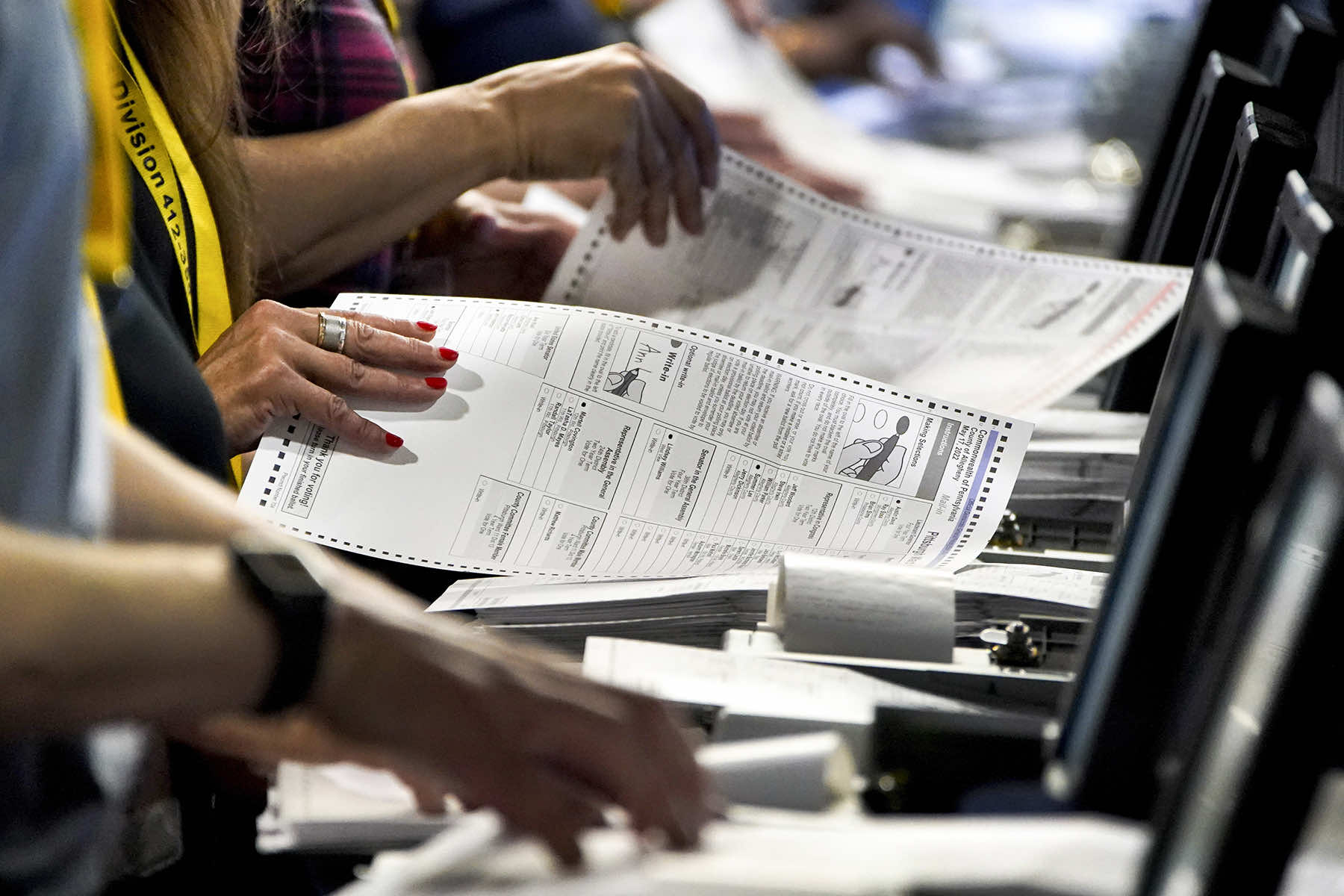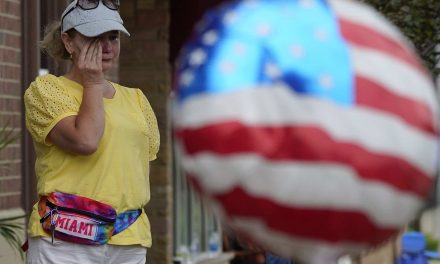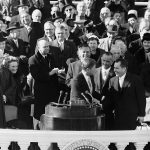
A national Democratic law firm on October 2 challenged Wisconsin’s witness requirements for absentee voting, arguing that the state is violating the federal Voting Rights Act by demanding a witness signature on ballot envelopes.
Elias Law Group, representing four Wisconsin voters, called the requirement a “burden” to voters in the lawsuit, which they filed in federal court against the Wisconsin Elections Commission and other elections officials.
State law requires clerks to reject absentee ballots that are missing a witness’ address or signature. A Wisconsin judge ruled last year that elections officials cannot correct or fill in missing information on witness certifications, a practice known as ballot curing.
The Voting Rights Act prohibits states from requiring a voter to “prove his qualifications by the voucher of registered voters or members of any other class.”
The elections commission did not immediately respond to an email seeking comment and asking how many ballots have been rejected over missing witness information in recent elections.
Nine states require witness signatures to verify absentee ballots and three states require an absentee ballot envelope to be notarized, according to the National Conference of State Legislatures.
In Wisconsin, witnesses for most voters must be U.S. citizens and at least 18 years old. Witnesses for overseas and military voters are not required to be U.S. citizens.
In a random review of nearly 15,000 absentee ballots cast in the 2020 presidential election in Wisconsin, the nonpartisan Legislative Audit Bureau found that nearly 7% of the witness certificates were missing at least one component of the witness’ address.
The rules for voting in Wisconsin are of heightened interest given its place as one of a handful of battleground presidential states. Four of the past six presidential elections in Wisconsin have been decided by less than a percentage point, including the past two.














